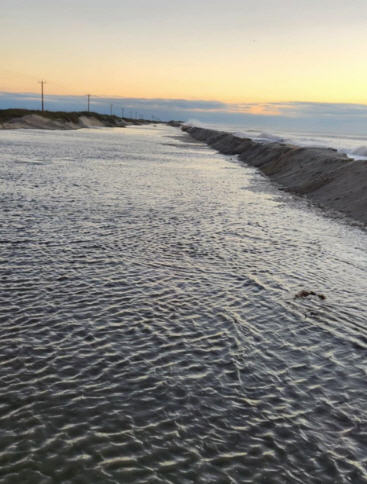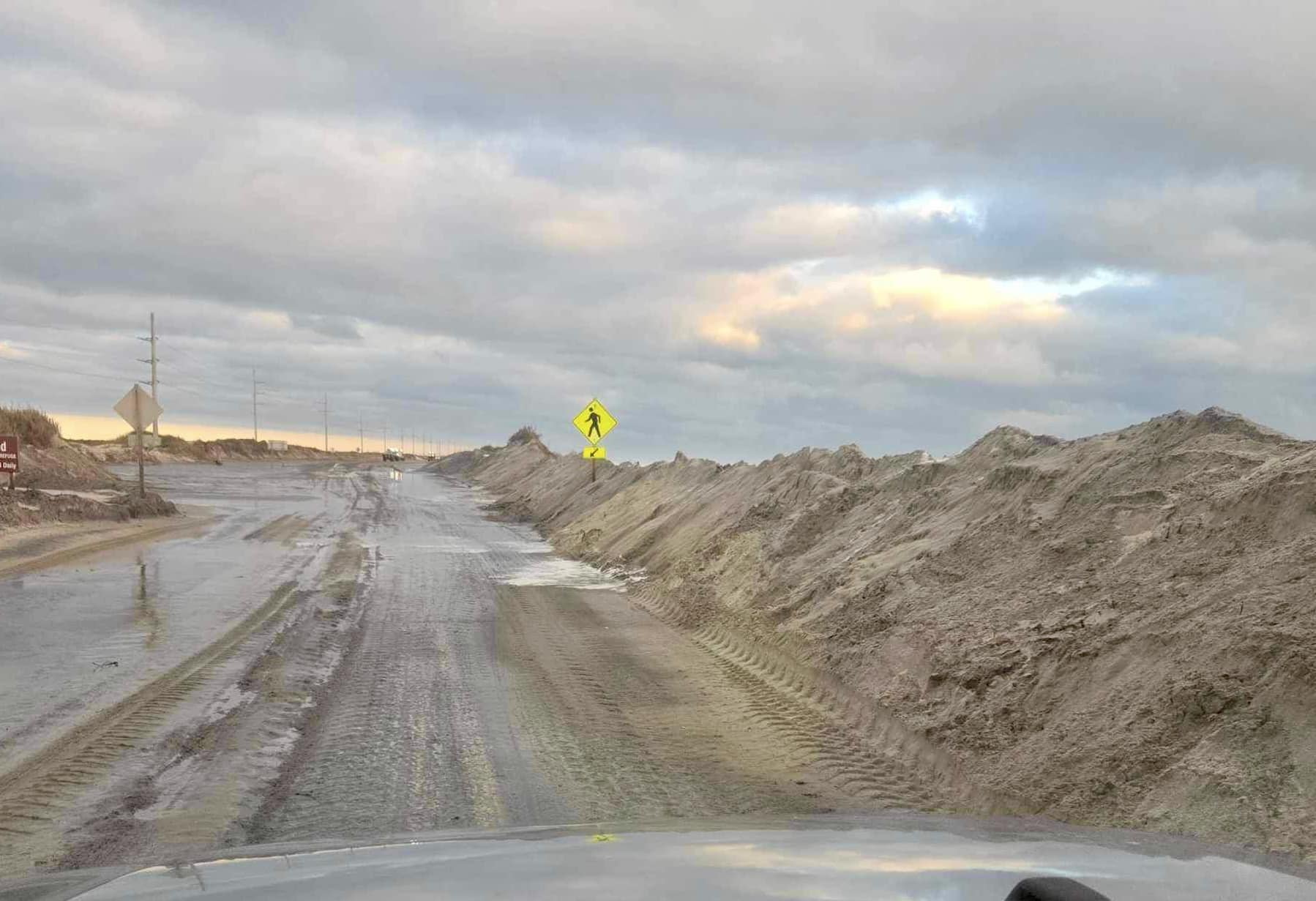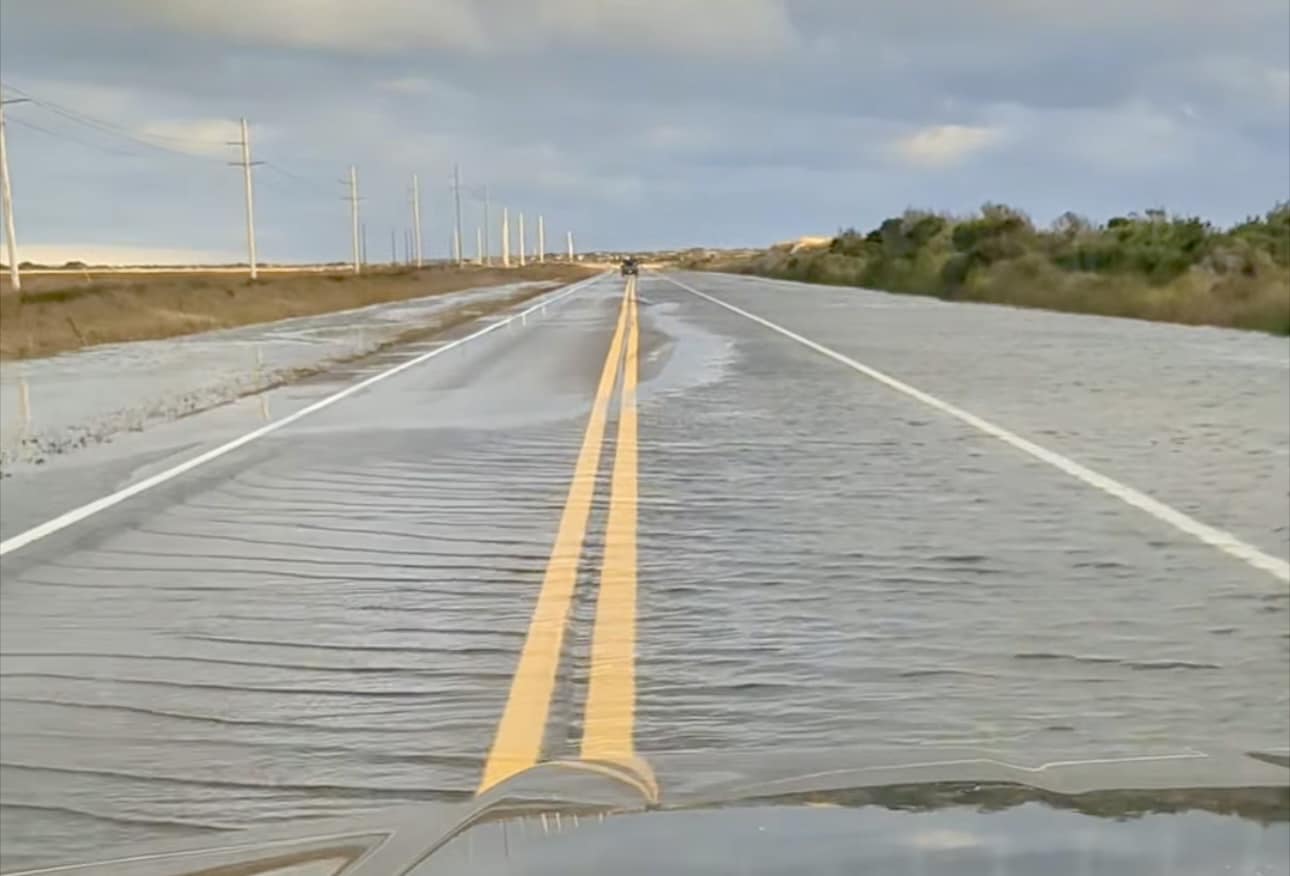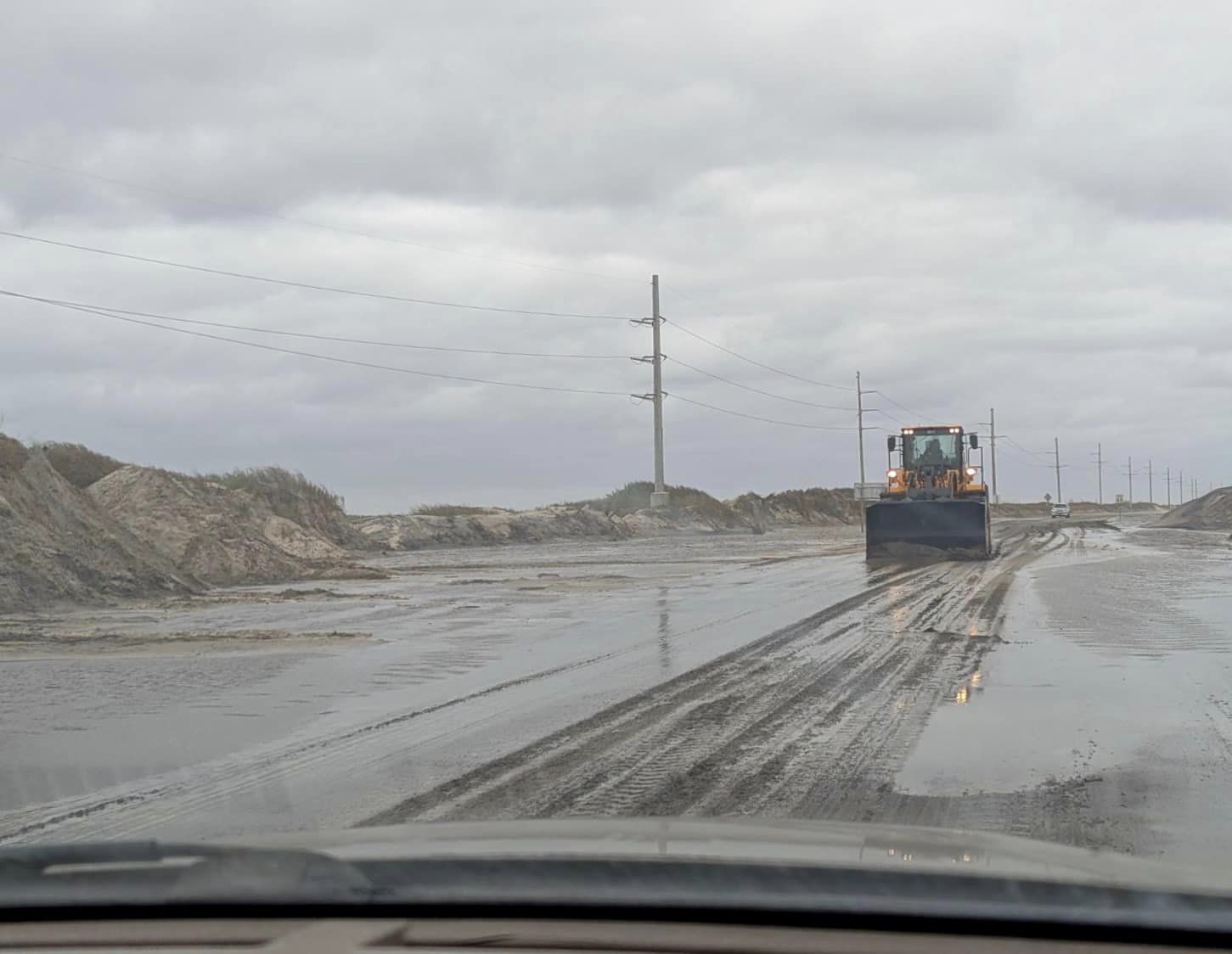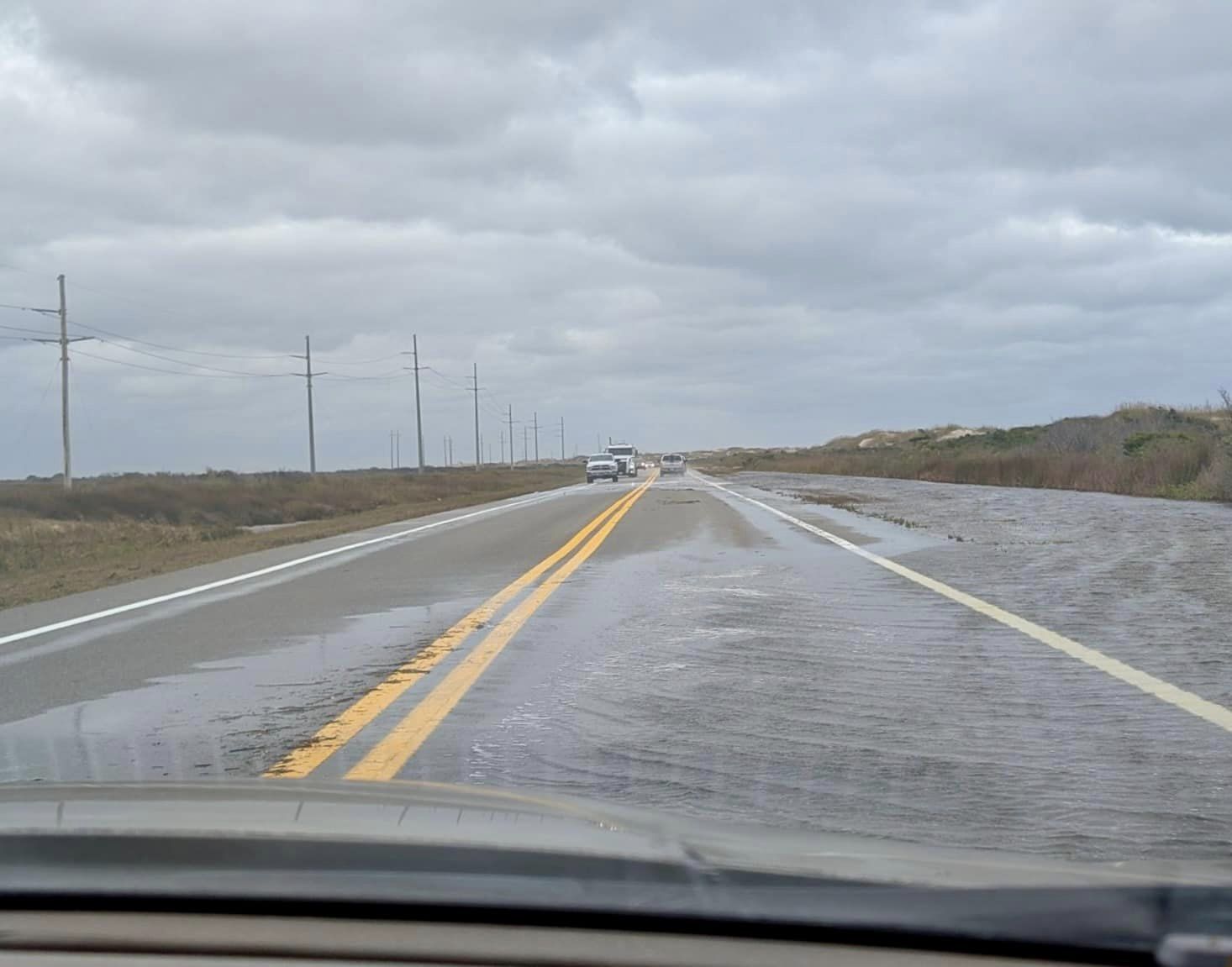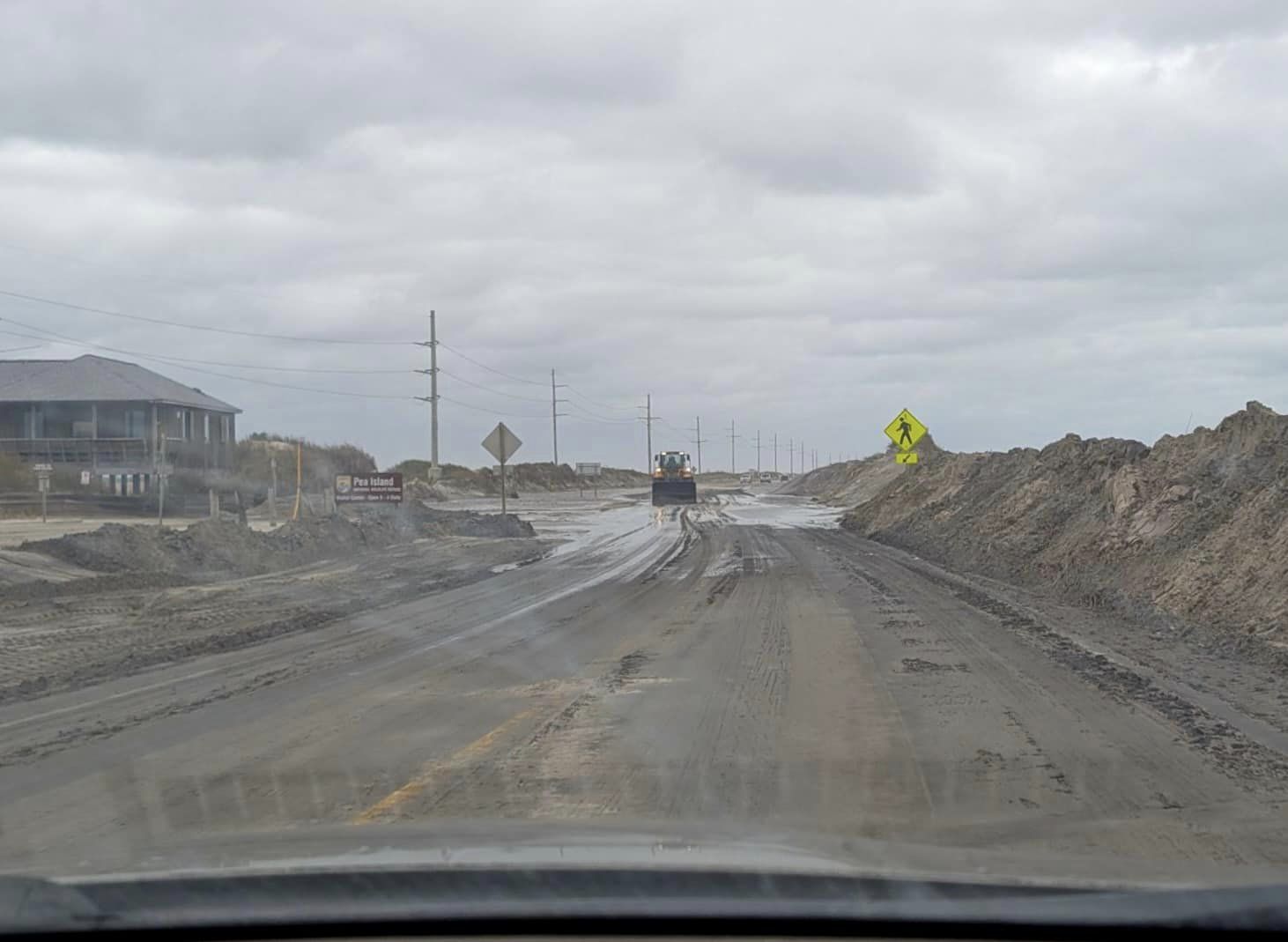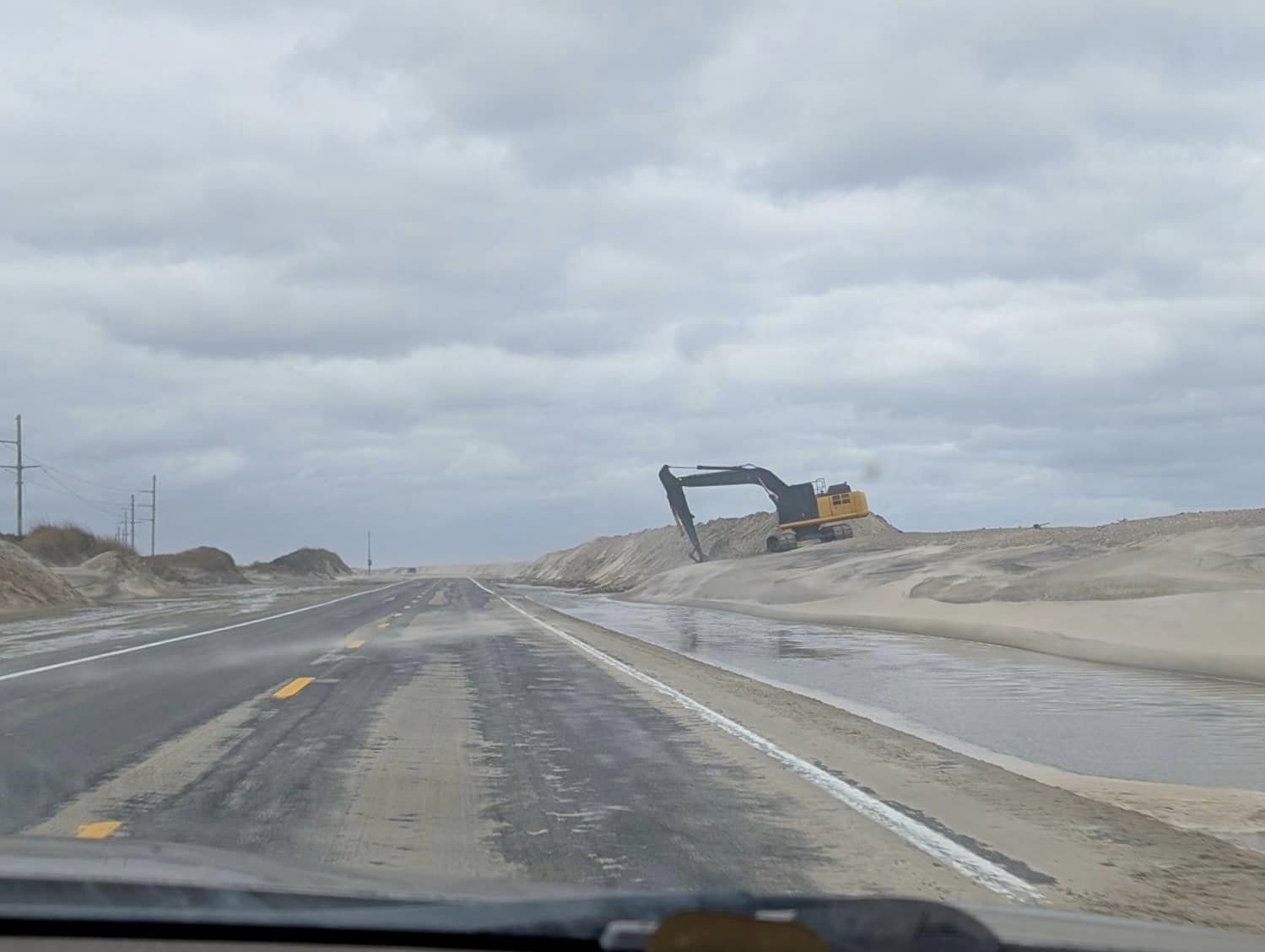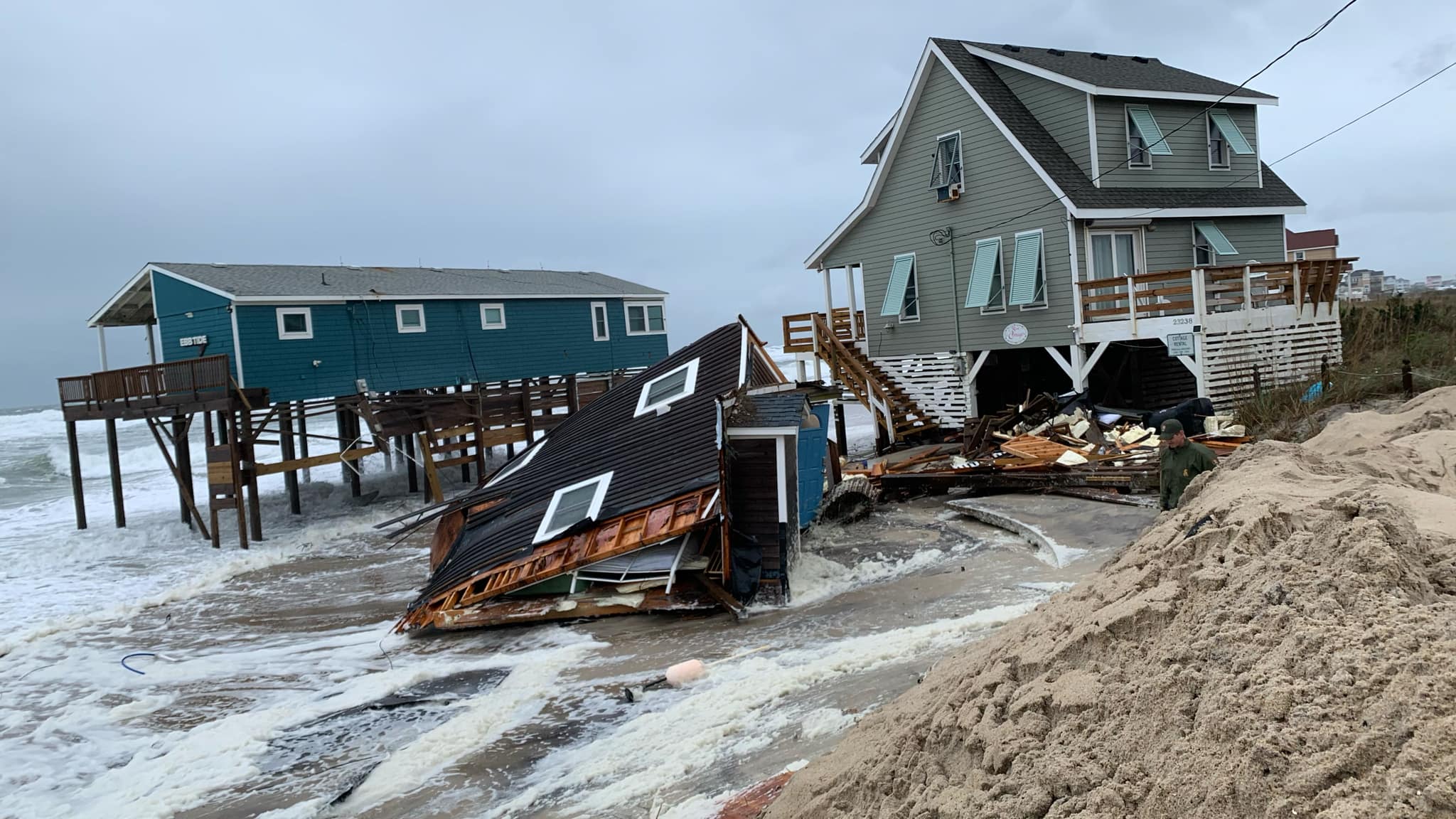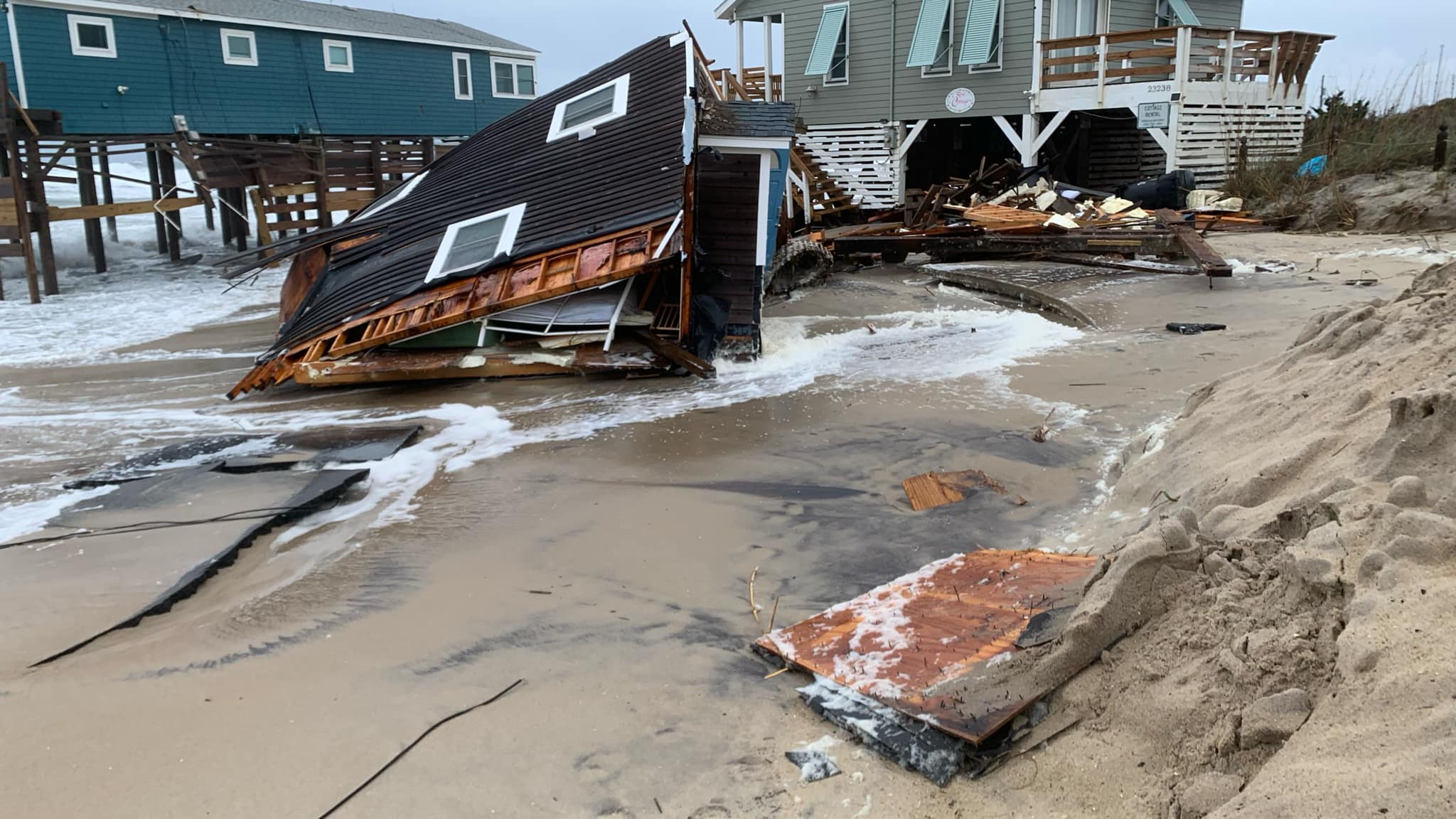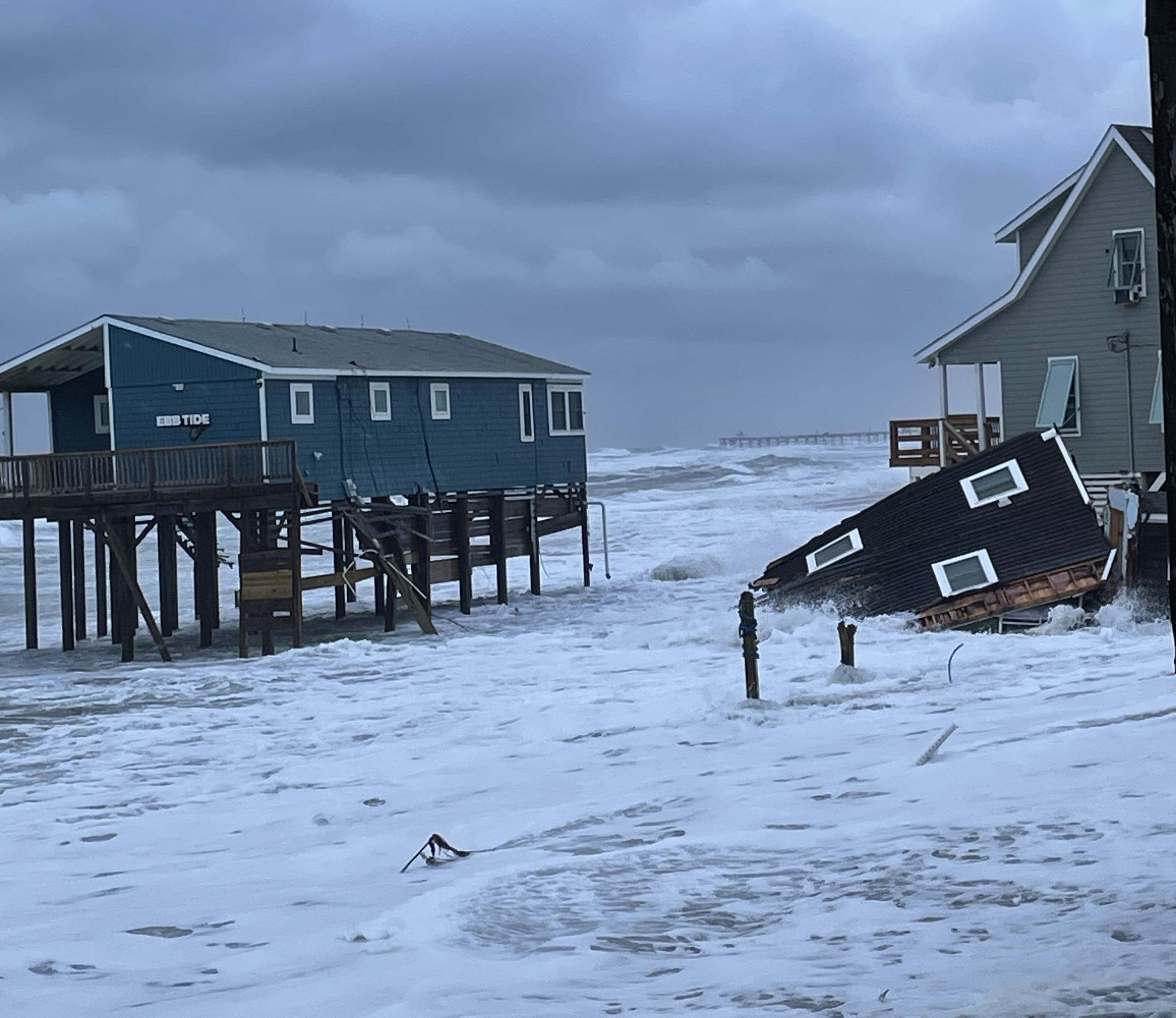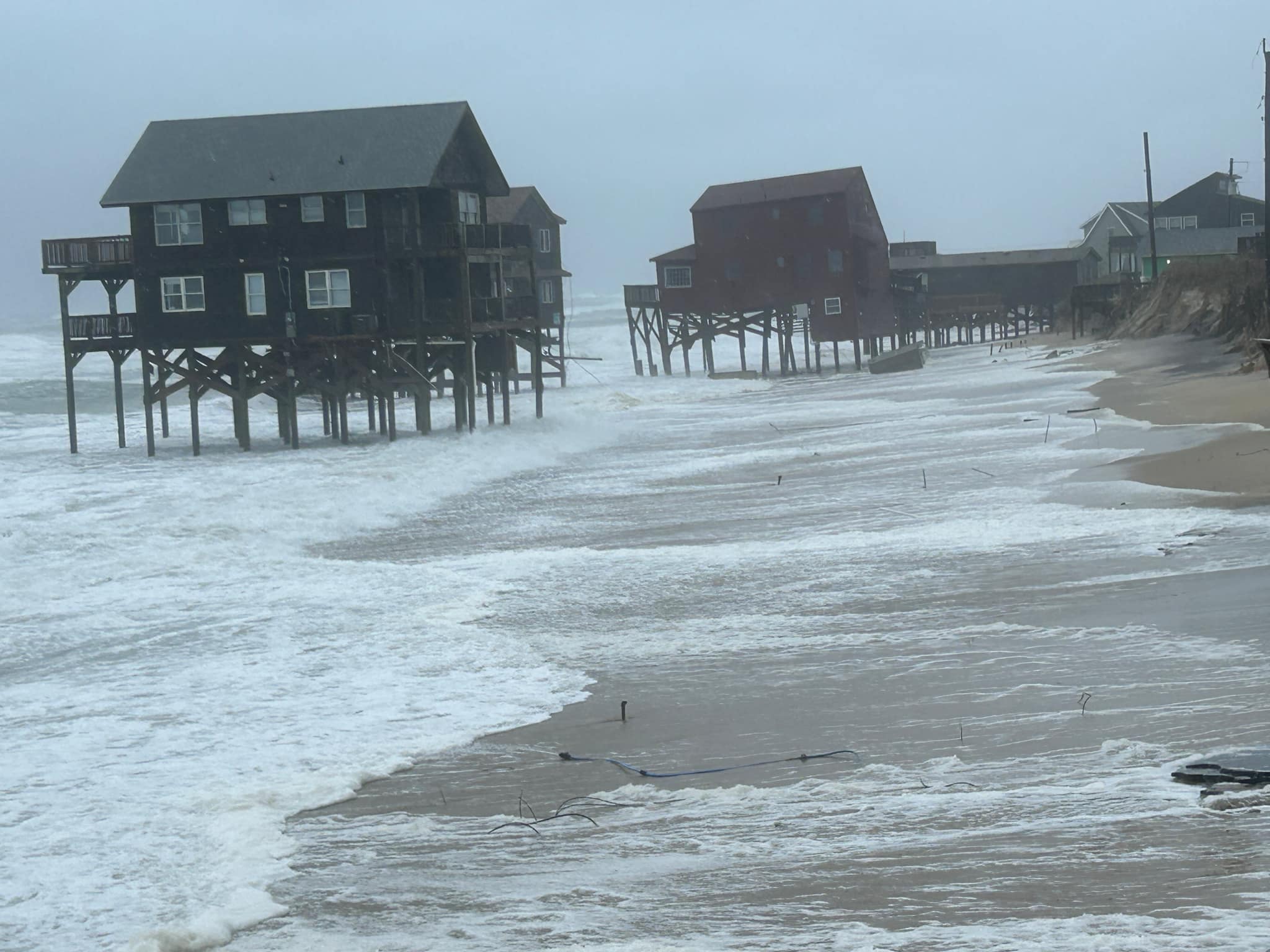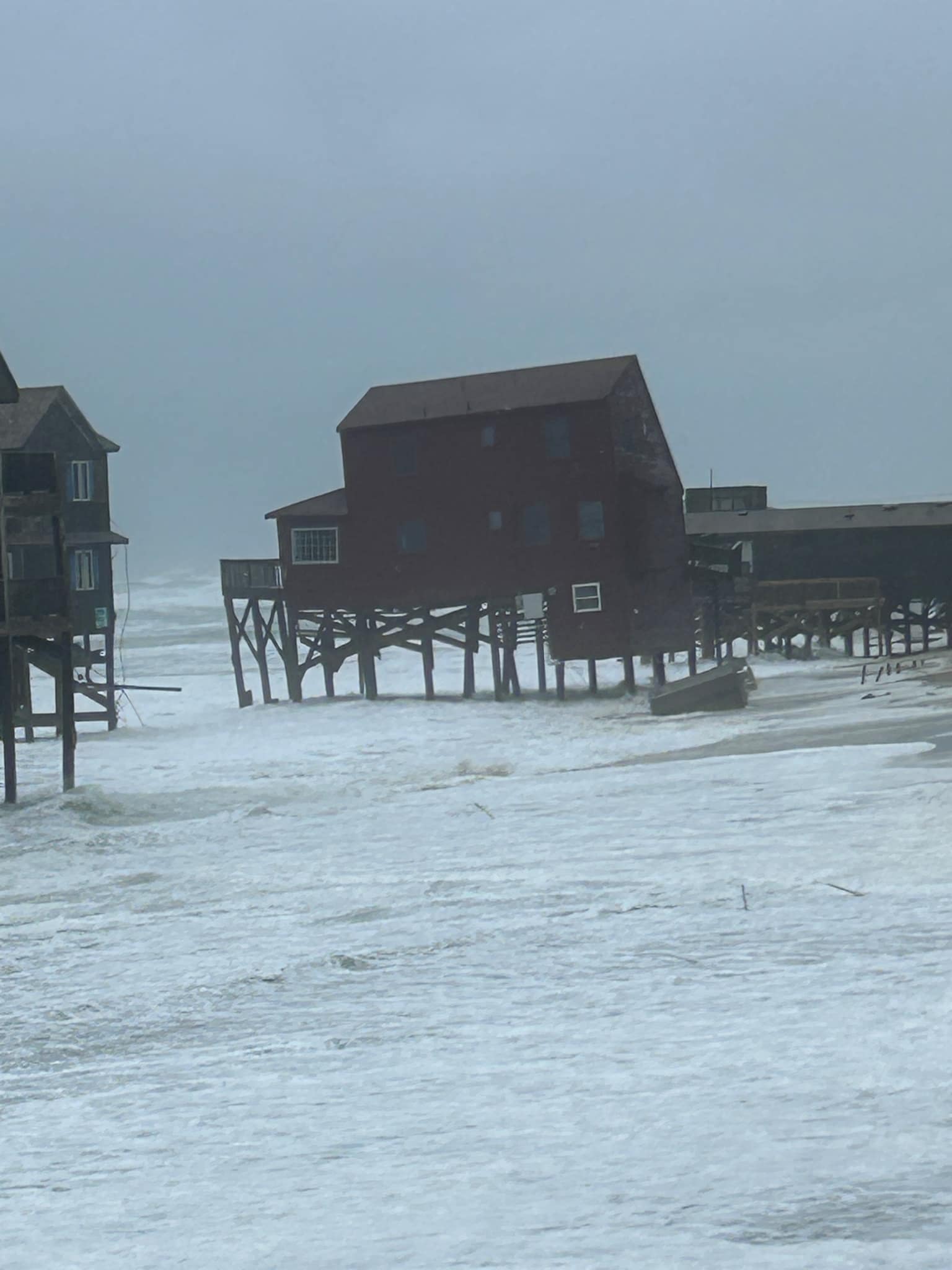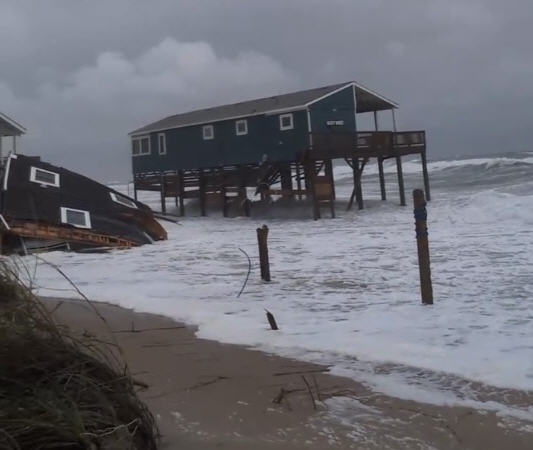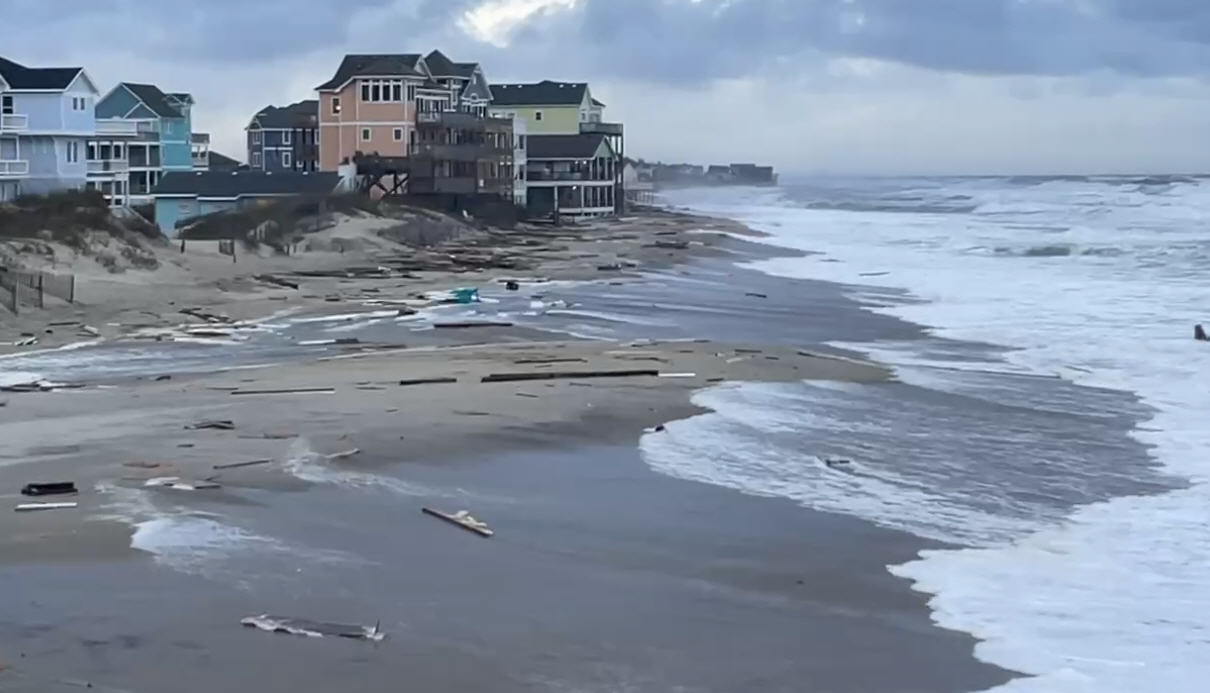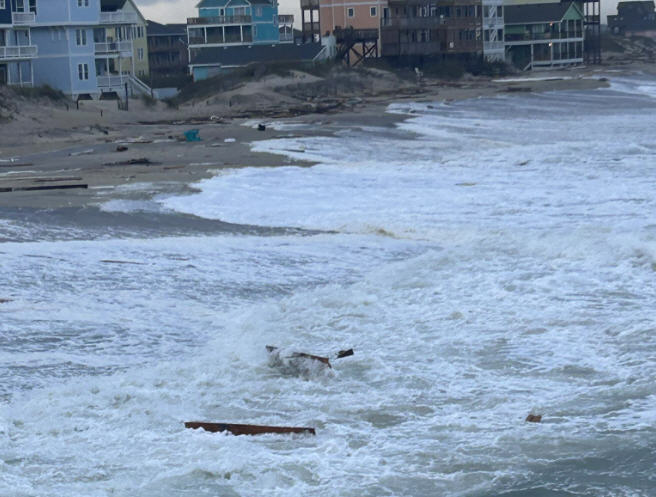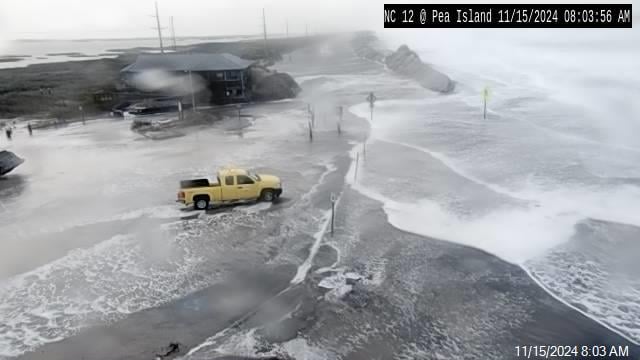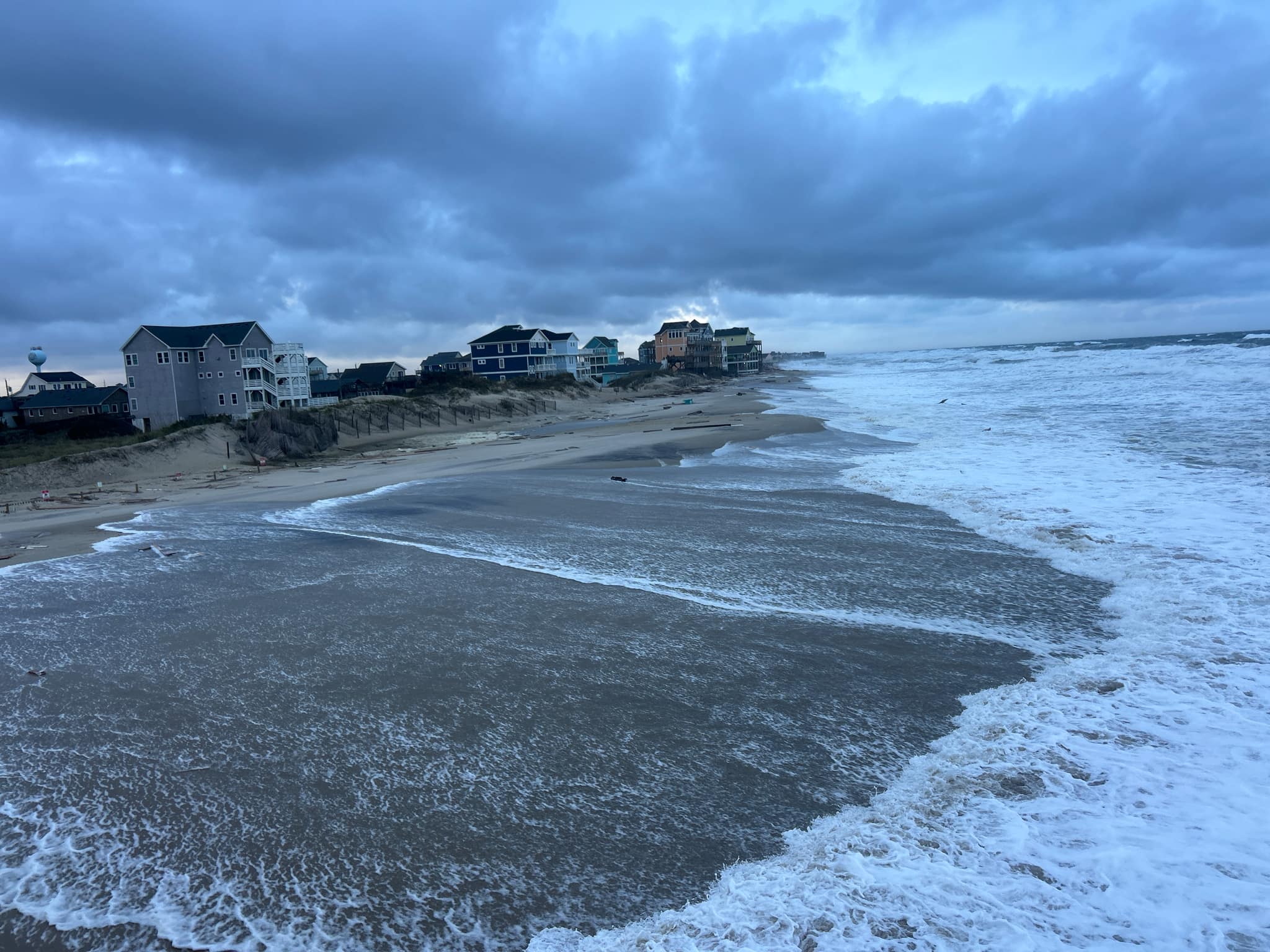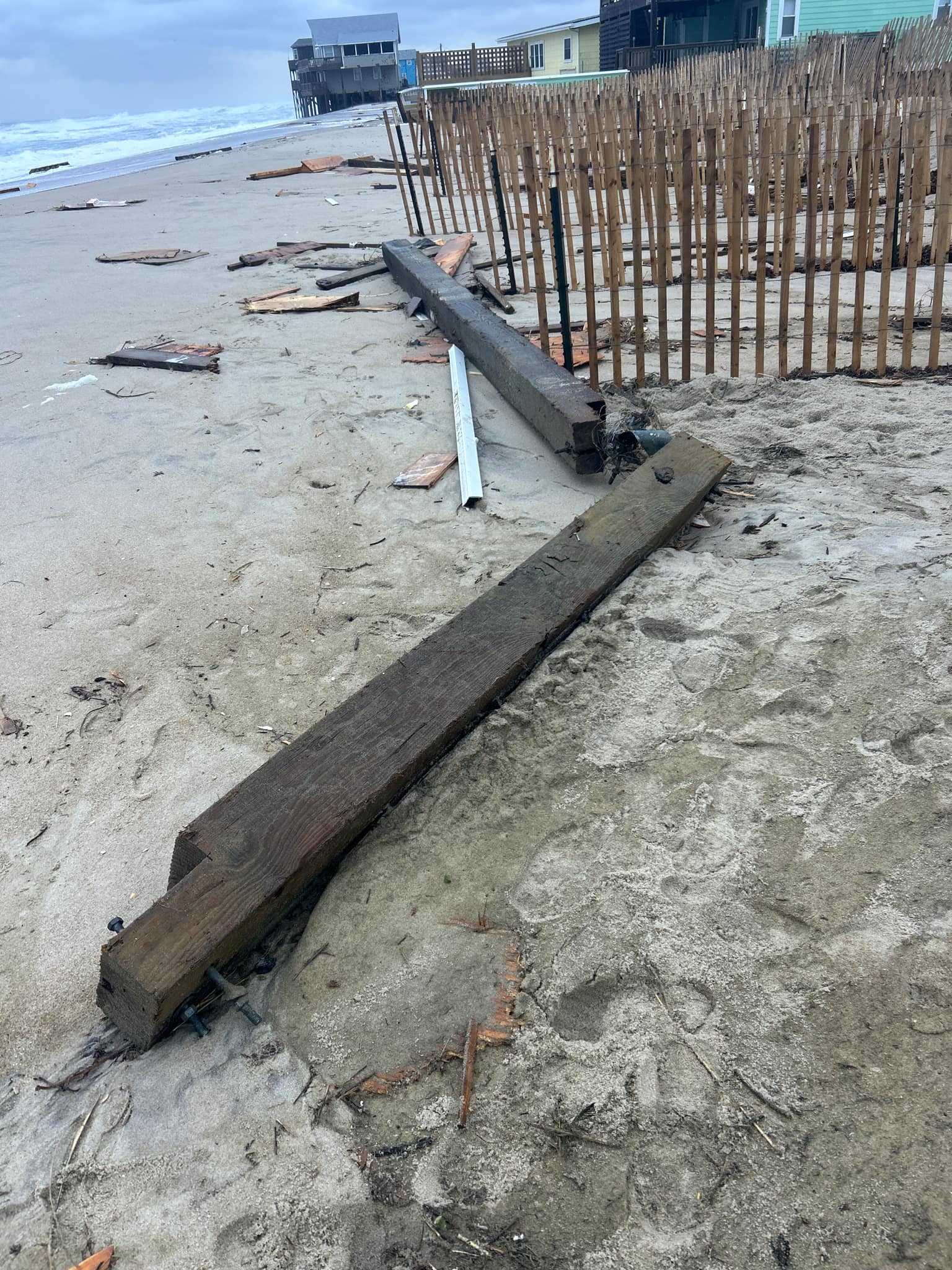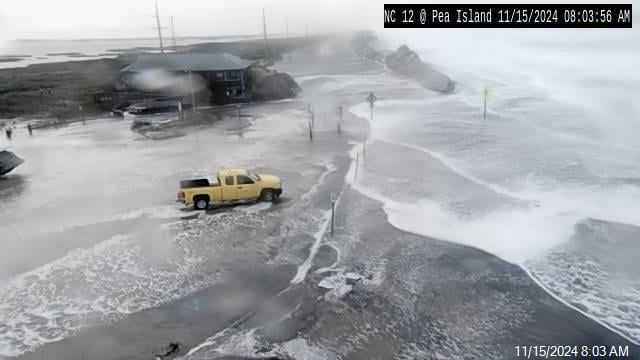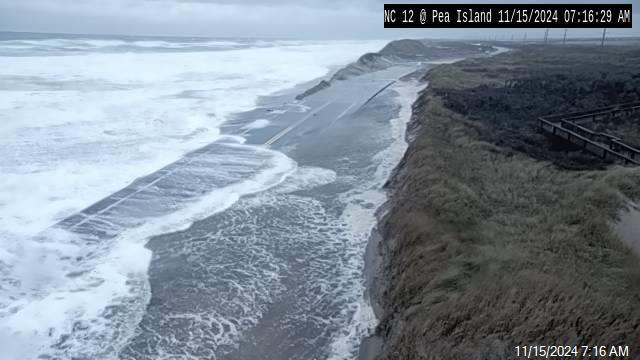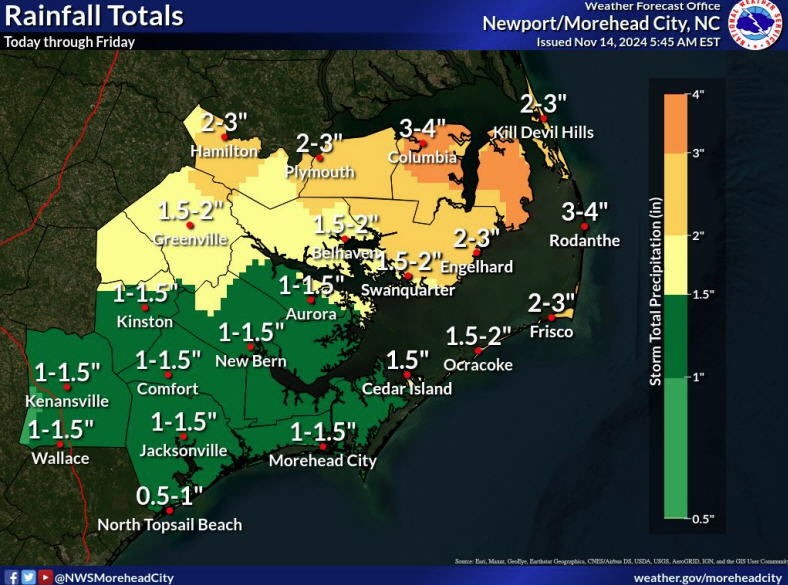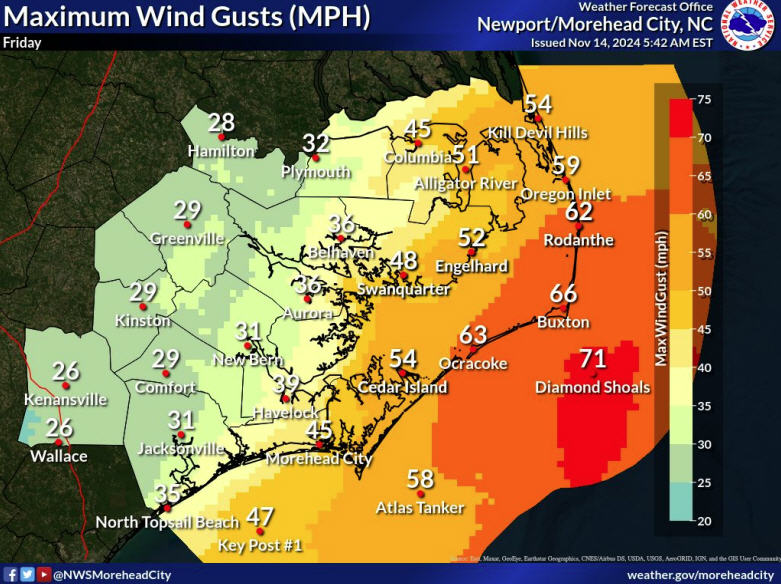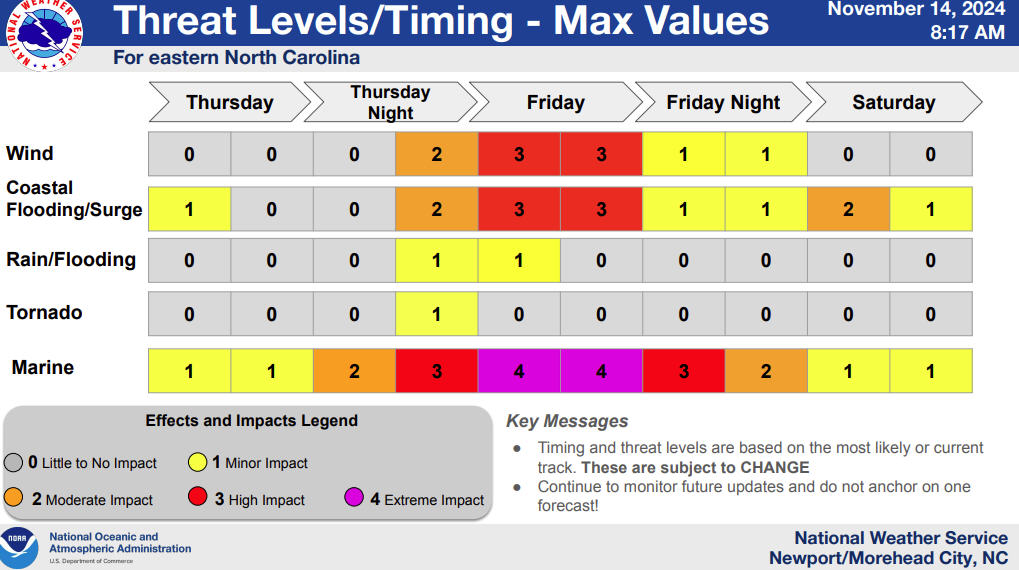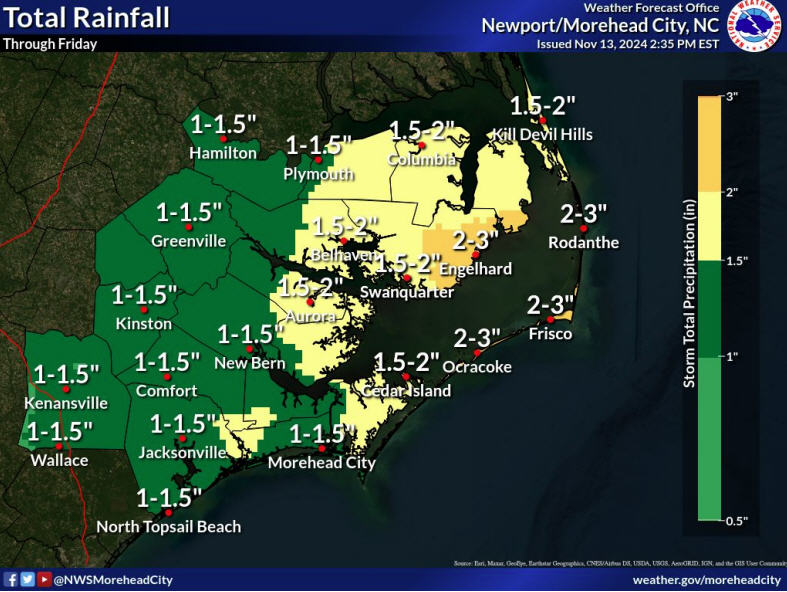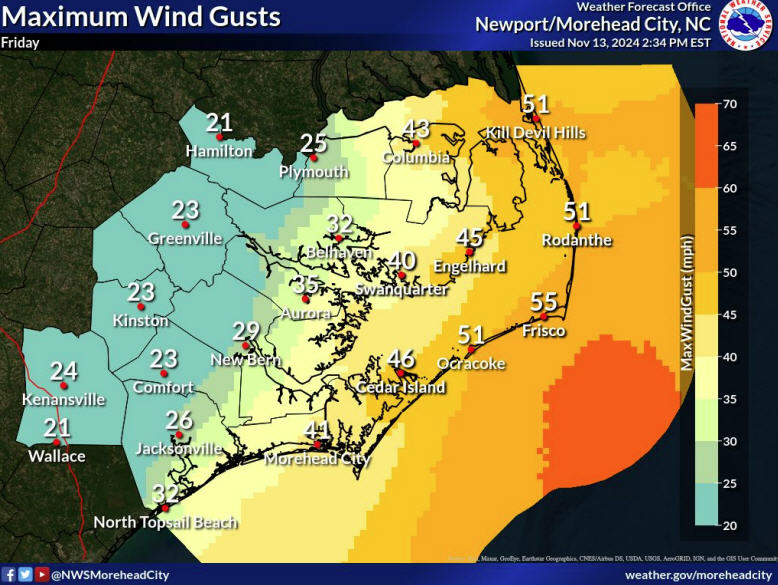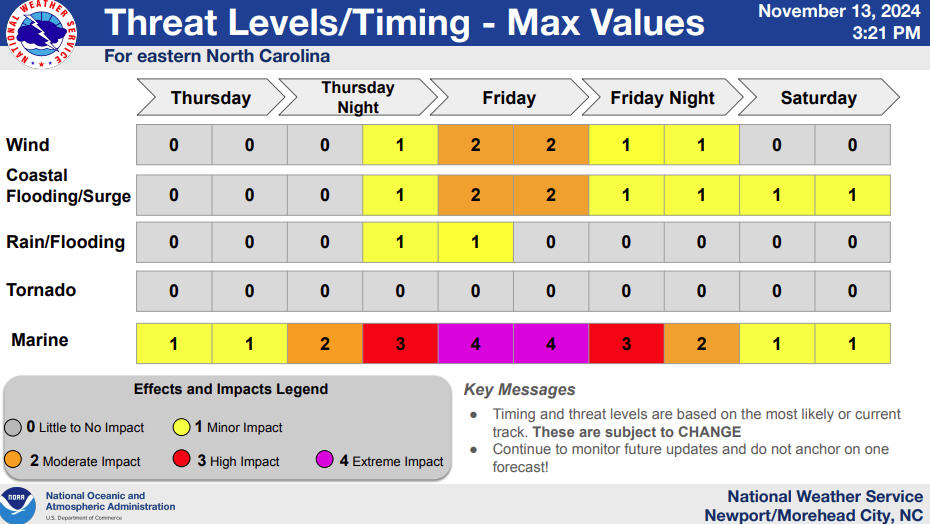Legislative Update: Lawmakers rush to approve 400-page budget
The ink on the 2015-16 North Carolina State Budget wasn’t quite dry yesterday when the North Carolina Senate voted 33-16 along party lines to approve it — just six hours after the printed copies were provided to the legislators. Democrats refused to rubber-stamp the budget because of lack of time to review the more than 400-page document.
The Senate is to cast its second vote today.
On the House side, members of that chamber will have until tomorrow — Thursday — to digest budget contents. That chamber is expected to cast the first vote on that day and the second vote after midnight on Friday.
According to rules in both chambers, the first and second votes may not be taken on the same calendar day.
The current deadline for having a budget approved by both chambers and signed by the governor is on Friday so legislators may have to pass another continuing resolution unless the governor is very quick to sign the document.
The proposed $21.73 billion budget includes a 3.1 percent increase over last year’s budget.
It proposes cutting personal income tax rate from 5.75 percent to 5.499 percent in 2017 and raising the threshold under which people pay no income tax from the first $15,000 of income to $15,500 for married filers next year.
Sales tax redistribution was removed from the bill, and a multiplier that had been applied against one portion of the sales tax remains, so Dare County and the municipalities will not lose revenues.
The budget also contains a provision that, if the budget is passed into law, will add sales tax to services that include items that are already taxed, such as parts for mechanical repairs. Previously, only the parts would have been taxed. Now the labor also will be taxed.
Revenues from the sales tax base expansion, and the state’s portion of sales tax growth will be used to help poor counties, based on what appears to be based on point-of-sale sale tax collection and population, therefore, some counties such as Hyde will reap only small amounts of additional revenues.
Language sought by Dare County to help fund dredging Oregon Inlet was changed to eliminate a provision that would allow the county to take up to $3 million per year from beach nourishment funds to pay its matching share of the cost. The bill notes that it is not necessary to include legislative permission for the withdrawal of money from the beach nourishment fund, as long as a portion of the sand is used to nourish pilings and the front of the jetty at Oregon Inlet.
That provision will negate the use of the side-caster Merritt, which often is used for clearing that inlet because it doesn’t have the necessary capability to move the sand for nourishment. The hopper dredge will be the proper equipment.
Earlier proposed language set up a 50-50 match for funding dredging, with the state supplying half the funds and the other dollars being non-state money. In tier 1 counties, the match will be 25 percent local, 75 percent state. Tier 2 counties, such as Dare, will provide one local dollar for each two state dollars – 33.3-66.6 percent match.
That portion of the budget also directs the Division of Water Resources to enter into a Memorandum of Understanding with the Army Corps of Engineers to allow nonfederal funding of dredging Oregon Inlet. The budget bill includes a $3 million set-aside for the state share of dredging that inlet.
No provisions were made for Hatteras Inlet, which is included in the list of shallow-draft channels that are eligible for state-local funding.
If made into law, the budget provides authority to county governments to remove abandoned vessels in navigable waters within the county’s boundaries.
The Division of Coastal Management is charged to study and develop a proposed strategy for preventing, mitigating, and remediating the effects of beach erosion. The study shall consider efforts by other states and countries to prevent beach erosion and ocean overwash and to renourish and sustain beaches and coastlines and incorporate best practices into the strategy.
The division is to report its findings and recommendations by Feb.15, 2016 to the Environmental Review Commission, the chairs of the Senate Appropriation Committee on Natural and Economic Resources and the House Appropriations Committee on Agriculture, Natural, and Economic Resources, and the Fiscal Research Division.
A bright spot, particularly for seniors, is that the proposed budget seeks to restore tax deductions for medical care. Last year, that deduction was eliminated, and many found that they owed taxes when filing season came around.
One provision in the budget is sure to draw fire from environmentalist. Funds “appropriated by this act to the Department of Environment and Natural Resources for energy exploration shall be used at the discretion of the Secretary, in consultation with the State Geologist, for any of the following purposes: (1) The leveraging of private funds as part of an energy exploration consortium. (2) The drilling of vertical geological test holes in any shale-bearing basin with the potential for commercial natural gas production and for support of any relevant geological analysis required to examine the basins, cores, or boreholes or in order to evaluate natural gas potential. (3) The analysis of pre-existing cores and assessment of existing or necessary infrastructure for natural gas production and development.”
If the budget deal becomes law, anyone with a concealed weapons permit could carry a gun on the grounds or in the waters of any state-owned park.
State retirees who were hoping for a cost-of-living raise added to their retirement checks received a lump of coal instead. The original House version of the bill had provided for a 2 percent increase, but it was eliminated during negotiations with the Senate.
To help pay for outside counsel to defend against a growing list of lawsuits against the state, the budget includes $4 million to help pay the legal bills. The money will go directly to private attorneys instead of the Attorney General’s Office.
More of the education budget will be diverted to pay for vouchers for parents to send students to private schools. The increase in the current fiscal year and the next will bring the voucher price tag up to $24.8 million in the 2016-17 school year.
Some schools have not bought text books for six years because of cuts in funding, but this budget includes $52.4 million in the current fiscal year and $62 million in 2016-17.
The budget includes $750 bonuses to state employees and most teachers. Starting teachers’ salaries will be increased to $35,000, and step increases for teachers and others on the state salary schedules are also funded.
All current teacher assistant positions will continue to be funded in the budget, but the funding may not be diverted for other purposes by school districts.
State funding for driver’s education also has been restored for the next two years.
Drivers license fees will be increased.
Renewable energy credits that are due to end this year won’t be extended.
Historical preservation tax credits are proposed for reinstatement at the request of Gov. Pat McCrory and local governments.
All state attractions, such as the North Carolina Zoo and the N.C. Aquariums, will be moved from the Department of Environment and Natural Resources to the Department of Cultural Resources. The latter is being renamed the Department of Cultural and Natural Resources.
Click here to read the entire budget document.
(Sandy Semans is a retired newspaper editor and reporter who now works as a free-lance writer. She lives in Stumpy Point. Her update on the goings-on in this session of the General Assembly will appear weekly in The Island Free Press, usually on Friday.)
First bill filed would prohibit condemning property for economic development
Legislative Update: And they are off — sort of
Legislative Update: The gold rush in Raleigh is underway
Legislative Update Most Bills Moving At Snails Pace But One Achieves Warp Speed
Legislative Update: Humor unleashed in the General Assembly
Legislative Update: Lawmakers made hay while the sun was shining
Legislative Update: Bill on dredging causes local turmoil
Legislative Update: 156 new bills filed this week
Legislative Update: Lawmakers keeping busy in Raleigh
Legislative Update: It was raining bills all week
Legislative Update: Bill on dredging causes local turmoil
Legislative Update: Occupancy tax provision is out of dredging bill
Legislative Update: Lawmakers take aim at N.C. Constitution
Legislative Update: More taxes and Constitutional amendments proposed
Legislative Update: Lawmakers racing the clock to get bills moved
Legislative Update: Rushing to meet the ‘crossover’ deadline
Legislative Update: A week of committee work in Raleigh
Legislative update: New taxes for fishermen and new purpose for occupancy taxes
Legislative Update: Bill aims at opportunities for Oregon Inlet Lifesaving Station
Legislative Update: Two days, two vetoes
Legislative Update: Sales tax redistribution bill gets more traction
Legislative update: Sales tax redistribution is back, will still hurt Dare
Legislative Update: Senate passes its version of state budget
Legislative Update: Budget conference committee faces challenges
Legislative Update: Hurry up and wait time in Raleigh
Legislative Update: Open government laws are a mixed bag
Legislative Update: Some bills moving forward, others stuck in committees
Legislative Update: House slows up, while Senate moves full steam ahead
Legislative Update: Work slows to a crawl as lawmakers travel
Legislative update: Sales tax plan proposal scaled back, but still alive
Legislative Update: Missing from Raleigh — a budget and a senator
Legislative Update: House rejects bill with Senate sales tax plan
Legislative Update: Still no budget from Raleigh
Legislative Update Another Week Without Much Progress




